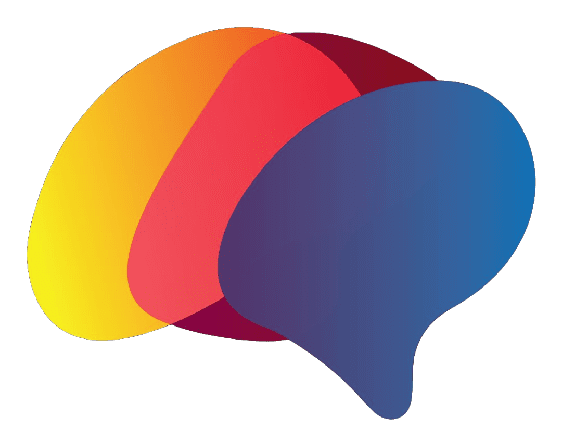Articulation disorder, it is a communication disorder that affects the production of speech sounds. This may lead to problems or errors in the pronunciation of individual sounds that lead to unjustified or distorted speech. Production disturbances can manifest in a number of ways, including substituting one sound for another, deleting sounds, or distorting sounds.
Production disruptions can be caused by a variety of factors. Some children may experience a delay in the development of speech sounds, which is considered within the normal range and may improve with time and practice. However, persistent and significant difficulties in producing speech sounds over a certain age may indicate a production disorder.
Common causes of production disruptions include:
Phonological processes: These are the patterns of phonological errors that children use to simplify speech when learning to speak. For example, substituting “t” instead of “k” (“tatab” instead of “ktab”) or removing the final sounds of words (“urs” instead of “urst”).
Structural or physiological problems: Some children may have structural abnormalities in the oral cavity, such as cleft palate or malocclusion, which can affect the production of speech sounds.
Hearing loss: Hearing plays an important role in the development of speech sound, and children with hearing loss may have difficulty expressing due to difficulties in understanding spoken sounds and imitating them accurately.
Motor coordination problems: Some people may have problems coordinating and moving the muscles involved in speech production, leading to difficulties in articulating sounds correctly.
Treatment for production disorders often includes speech therapy performed by a speech-language pathologist (SLP).
The goal of this therapy is to target specific speech sounds or faulty patterns through different techniques and exercises. This may include listening differentiation tasks, speech exercises, and practice in different word contexts and situations. An SLP improves speech clarity and overall communication skills with people.
Early intervention is key in treating expressive disorders, because it can prevent potential communication problems and increase a person’s ability to communicate effectively with others. Speech-language pathologists also work with parents, teachers, and other professionals to provide support and facilitate progress in various settings.
Please contact Dr. Reza Ghasemzadeh for examination and treatment of vocal production or articulation in adults and children at Armada Clinic in Dubai.
To make an appointment, send a WhatsApp message below.
, it is a communication disorder that affects the production of speech sounds. This may lead to problems or errors in the pronunciation of individual sounds that lead to unjustified or distorted speech. Production disturbances can manifest in a number of ways, including substituting one sound for another, deleting sounds, or distorting sounds.
Production disruptions can be caused by a variety of factors. Some children may experience a delay in the development of speech sounds, which is considered within the normal range and may improve with time and practice. However, persistent and significant difficulties in producing speech sounds over a certain age may indicate a production disorder.
Common causes of production disruptions include:
Phonological processes: These are the patterns of phonological errors that children use to simplify speech when learning to speak. For example, substituting “t” instead of “k” (“tatab” instead of “ktab”) or removing the final sounds of words (“urs” instead of “urst”).
Structural or physiological problems: Some children may have structural abnormalities in the oral cavity, such as cleft palate or malocclusion, which can affect the production of speech sounds.
Hearing loss: Hearing plays an important role in the development of speech sound, and children with hearing loss may have difficulty expressing due to difficulties in understanding spoken sounds and imitating them accurately.
Motor coordination problems: Some people may have problems coordinating and moving the muscles involved in speech production, leading to difficulties in articulating sounds correctly.
Treatment for production disorders often includes speech therapy performed by a speech-language pathologist (SLP).
The goal of this therapy is to target specific speech sounds or faulty patterns through different techniques and exercises. This may include listening differentiation tasks, speech exercises, and practice in different word contexts and situations. An SLP improves speech clarity and overall communication skills with people.
Early intervention is key in treating expressive disorders, because it can prevent potential communication problems and increase a person’s ability to communicate effectively with others. Speech-language pathologists also work with parents, teachers, and other professionals to provide support and facilitate progress in various settings.
Please contact Dr. Reza Ghasemzadeh for examination and treatment of vocal production or articulation in adults and children at Armada Clinic in Dubai.
To make an appointment, send a WhatsApp message below.

